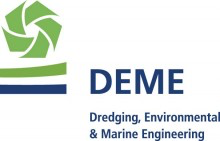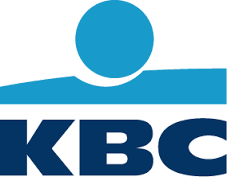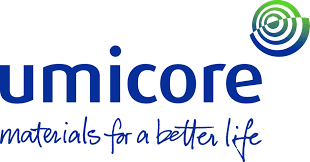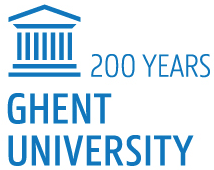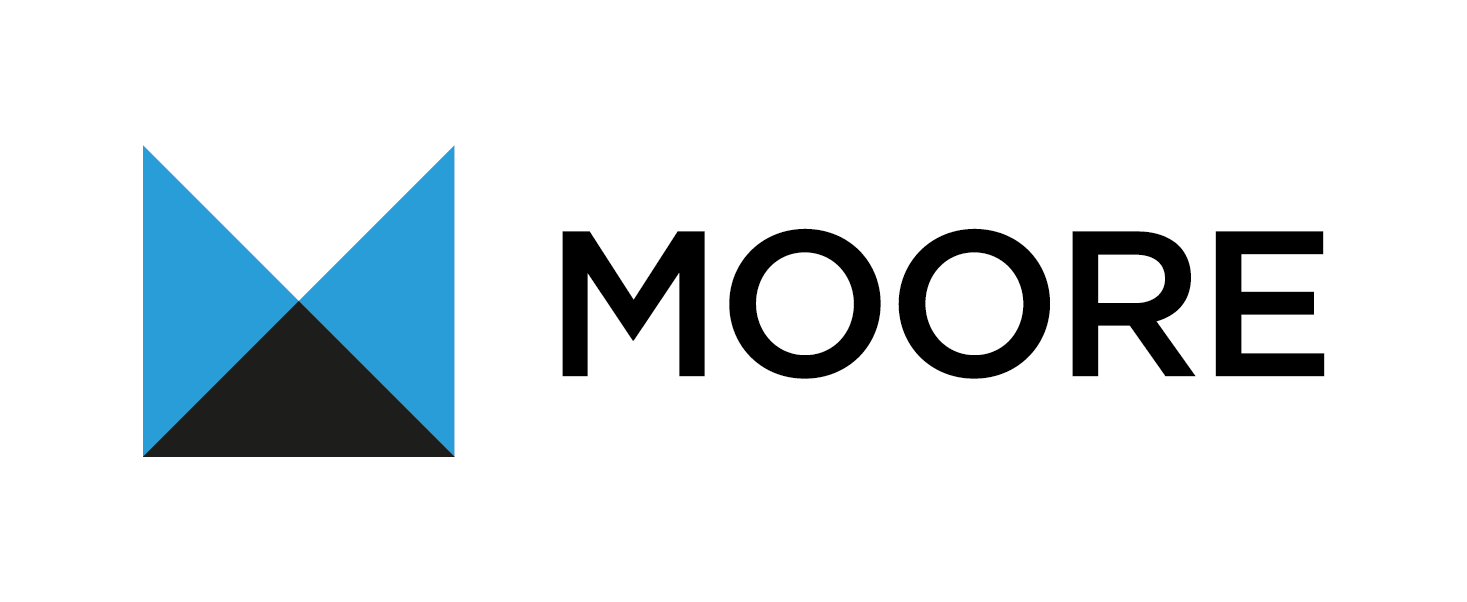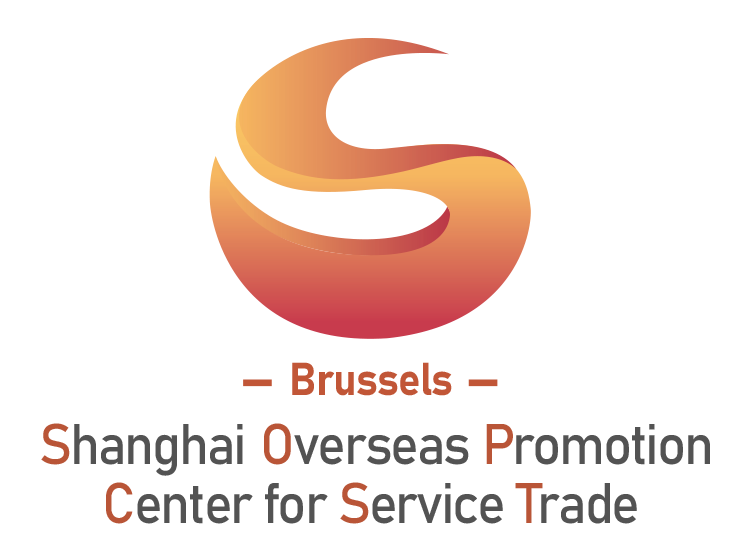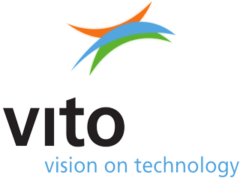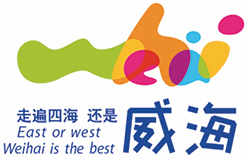China’s consumption recovered to pre-pandemic levels
May 11, 2021 Category ![]() China News Round-up, Weekly
China News Round-up, Weekly
China’s consumption has almost completely recovered to pre-pandemic levels, as shown by surging spending on items from travel products to duty-free goods during the 2021 May Day holidays. In Haikou, capital of Hainan province, Chinese people made 65,400 purchases amounting to CNY485 million of offshore duty-free goods in the first three days of the five-day May Day holiday period, up 215.24% year-on-year. In Wuhan, the city at the heart of the initial coronavirus outbreak in China, more than 140,000 passengers trips were recorded at Wuhan Railway Station on May 1. Many hotels were booked out days or even weeks ahead of the holidays. In Shanghai, tourists paid about 4.66 million visits to 170 tourism sites, up 166% from 2020 and 6% more compared to 2019.
On average, every Chinese tourist spent about CNY1,713 on tourism and other items during this year’s May Day holiday, setting a record for the past years. During the five-day May Day holiday, CNY113.23 billion flowed into China’s tourism industry, up 138.1% year-on-year and about 77% of that of pre-epidemic levels, according to the Ministry of Culture and Tourism. A total of 230 million domestic trips were made over the five days, compared with 637 million trips during the eight-day Golden Week holiday last year which combined the October 1 National Day and the Mid-Autumn Festival. The Chinese people’s per-capita disposable income rose 4.7% to CNY32,189 in 2020.
“While the consumption sector was a burden on the Chinese economy in 2020, its contribution to the general economy will climb steadily to about 60% of GDP growth by the end of this year, while export momentum will slow down,” Tian Yun, Vice Director of the Beijing Economic Operation Association, told the Global Times. This is roughly the same as in 2019, which saw about 57.8% of the country’s GDP growth coming from consumption spending, meaning that China’s consumption market will return to normal this year. Tian predicted that China’s GDP will grow by about 8.5% this year. He noted that the booming consumption market was in part fueled by a shift from overseas to local spending as many parts of the world are still locked down due to the pandemic. Tian added that if virus strains from India spread to certain parts of China and cause regional lockdowns, the impact on the Chinese economy is “uncertain.” Apart from coronavirus threats, rising inflation in the world, particularly of bulk commodity products like oil would also pose threats to the Chinese economy, including shrinking exports and rising manufacturing costs, the Global Times reports.
Some 230 million domestic trips were made over the five-day May Day holiday, marking a year-on-year rise of 119.7% and an increase by 103.2% compared to 2019, the year before the pandemic. Tourism-related revenue exceeded CNY113 billion, up 138.1% year-on-year, reaching 77% of the level before the pandemic.
China’s imports rise the fastest in 10 years
Category ![]() China News Round-up, Weekly
China News Round-up, Weekly
China’s imports surged by the fastest pace in a decade last month as domestic demand increased. China’s total foreign trade grew 26.6% year-on-year to CNY3.15 trillion in April. During the January-April period, the country’s imports jumped 22.7% year-on-year to CNY5.3 trillion while exports soared 33.8% to CNY6.32 trillion, sending the trade surplus up 149.7% to CNY1.02 trillion, the China Daily reports.
In U.S. dollar terms, China’s trade volume grew 37% year-on-year to USD485 billion in April, marking the 11th consecutive month that the country’s foreign trade achieved positive growth. Total trade volume in April surged 3.5% compared with that of March. It also gained 29.6% compared with the same period in 2019, according to data released by the General Administration of Customs. Exports jumped 32.3% year-on-year to USD263.9 billion, beating market expectations, while imports surged 43.1% year-on-year to USD221.1 billion. The trade surplus dwindled 4.7% in dollar terms to USD42.9 billion compared with the same period last year. In the first four months, China’s total trade volume expanded 38.2% year-on-year to USD1.79 trillion, with exports and imports surging 44% and 31.9%, respectively. Analysts expect that the export machine will remain robust in the second quarter as the coronavirus outbreak resumes in some export-oriented countries, such as India, the Global Times reports.
In other trade-related news, Zhang Xiangchen, a Chinese Vice Minister of Commerce, has been appointed one of four Deputy Director Generals of the World Trade Organization (WTO). According to a report issued by the WTO, China’s share of global imports and exports reached 11.5% and 14.7% in 2020. China was the only economy in the world to achieve positive commodity trade growth last year.
South China Morning Post reports on allegations Alibaba facilitates Chinese spies in Liege
Category ![]() China News Round-up, Weekly
China News Round-up, Weekly
China’s Embassy in Belgium has hit out at what it calls “baseless allegations” by Belgian Justice Minister Vincent Van Quickenborne that a logistics hub in Liege operated by Alibaba Group Holding could be used by Chinese spies for access to sensitive intelligence, the South China Morning Post reports. The hub at Liege Airport is one of six global logistics centers that enables the world’s largest e-commerce platform to deliver products anywhere within 72 hours. Operated by Alibaba’s Cainiao logistics unit, the Liege hub may allow access to “sensitive areas” of the air terminal to Chinese intelligence services, Minister Van Quickenborne said on May 5 before a parliamentary committee. Laws in China “force all the country’s companies to cooperate with intelligence agencies,” Van Quickenborne said, adding that Chinese agents “could have access to sensitive and secure areas of the airport or to commercial and personal data in Alibaba’s possession. Companies like Alibaba are required to open positions within the company to their agents.”
The South China Morning Post mentions that the comment, made without evidence, underscores a rising tide of concerns among some Western governments about the growing clout of China’s government and companies. Alibaba, one of China’s largest home-grown companies and the largest operator of online shopping services, is also one of the most prominent icons of that global presence. The Chinese Embassy in Belgium refuted the media reports on May 7, slamming them for making “baseless allegations.” China’s government does not “demand Chinese enterprises to engage in activities that breach local laws or regulations,” the Embassy said in a statement. “China never presents a threat to Belgium,” the Embassy added. “The cooperation between the two nations is built on the foundation of mutual respect, mutual benefits and win-win relationship.”
Alibaba’s Liege hub, which is still under construction and is scheduled to be fully operational at the end of 2021, is Alibaba’s Western European nerve center and part of its global network of logistics centers, known as the electronic World Trade Platform (eWTP). It was the staging point for the delivery last year of 2 million masks and other personal protection equipment (PPE) donated by the Jack Ma Foundation to Europe. A March 2020 donation of 800 ventilators, 300,000 sets of protective clothing and 300,000 face shields to hospitals in Europe also went through Liege. Alibaba owns South China Morning Post.
Market survey on e-commerce in China for food and beverage, ordered by European Commission
Category ![]() Announcements, Weekly
Announcements, Weekly
A market survey is being prepared on e-commerce in China for food and beverage, ordered by the European Commission.
As a member of the European Trade Promotion Organisations’ Association (ETPOA) Flanders Investment & Trade is cooperating to make the survey. Are you already selling food and beverage in China? Through traditional channels? Through e-commerce? Share your experiences through this survey:
https://www.surveymonkey.com/r/EcommerceCNbusiness
Answers to the survey will be anonymous. This market survey will be published in a few months.
Jiangsu-Europe B2B Matchmaking “medical Products and Devices” – 11, 15, 16 June 2021 – online
May 4, 2021 Category ![]() Activities supported by FCCC, Weekly
Activities supported by FCCC, Weekly
There is no better way to get to know Chinese products than directly meeting with local production companies. DCW presents a series of online matchmaking events under the topic „Sourcing from China“, on which you can get updated information about the Chinese sourcing market. Meet with Chinese production companies for any sourcing issues and find the ideal supplier.
Driven by the increasing global demand of medical related products during the past year, more and more European companies and institutions are looking for better and reliable sources of medical production. China‘s exports of medical devices increased 40,5 percent in 2020 compared to the previous year, reaching 18.138 billion US Dollars. Searching for suitable medical ressources in a such huge market could be very difficult.The province Jiangsu is one of the most important hot spots for medical production in China, together with Department of Commerce in Jiangsu and China Council for the Promotion of International Trade Jiangsu (CCPIT Jiangsu), fifty production companies from the province will be ready to meet importers, buyers, wholesalers and purchase managers from Europe and exchange ideas of their medical products.
To help you find your supplier for medical equipment in Jiangsu province, we invite you to join our sourcing event:
Jiangsu – Europe B2B-Matchmaking:
„Medical Products and Devices“
Participation to the event and matchmaking part is free of charge. Please fill out the registration form and we will match you with three to five medical production companies from the Chinese province Jiangsu. You will have 15 minutes with each company to exchange ideas about the products you are looking for.
This event is organized with the support of the EU-China Business Association (EUCBA). It is the EU-wide federation of national non-profit business organisations in the European Union with specialization and particular expertise in exchange of knowledge on investments and trade with China. At current, EUCBA unites 20 members in 20 countries representing more than 20,000 companies – large, medium, and small, in all branches of industry, commerce and the service sector. EUCBA promotes direct investment and trade between China and the EU through international exchange of information and joint projects of its members – providing European companies a stronger base for expanding trade cooperation with China. The Flanders-China Chamber of Commerce is responsible for the Secretariat-General of the EUCBA.
For more informations concerning the event or personal requirements please contact us.
To obtain a registration form, please send an e-mail to: jessica.koehler@dcw-ev.de
Contact: Jessica Köhler E-Mail: jessica.koehler@dcw-ev.de Tel.: +49 221 139 7701
- KURT VANDEPUTTE (UMICORE) APPOINTED CHAIRMAN OF THE BOARD OF THE FLANDERS-CHINA CHAMBER OF COMMERCE (FCCC)
- Webinar: “Knowing Your Chinese Partner” – May 26, 2021, 10 am – 12 am
- EMA starts rolling review of CoronaVac, WHO approves Sinopharm vaccine for emergency use
- The Global Times warns not to politicize the Comprehensive Agreement on Investment (CAI)
- Hainan to become biggest duty-free market in the world










